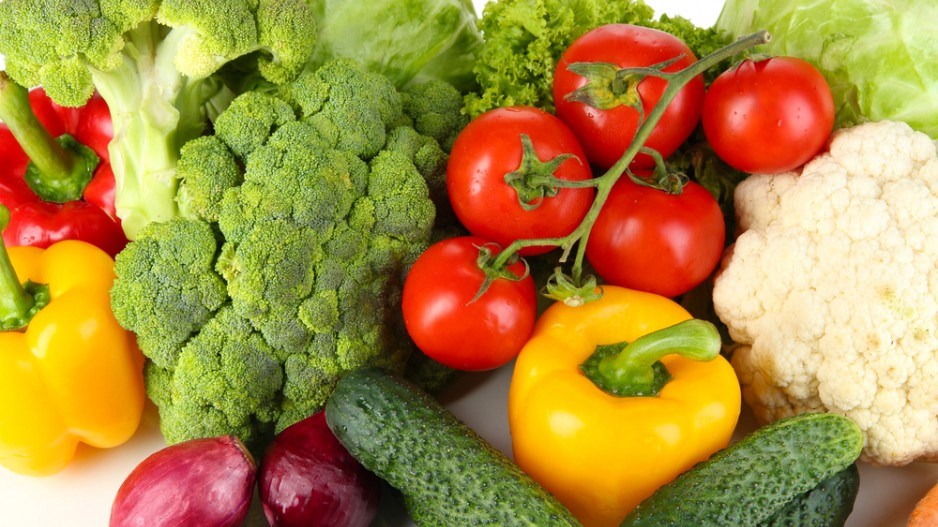Reporter Jen St. Denis on the stories that caught her eye this week. Photo: UBC economist Tom Davidoff stands in front of an advertisement for new homes
“And you get a new home! And you get a new home!”
OK, the B.C. government didn’t quite go that far in their attempt to address the problem of the very steep cost of housing in the Lower Mainland. In their 2016 budget, introduced this Tuesday, the government announced an exemption to the property transfer tax for buyers of new homes worth up to $750,000.
The tax cut adds to an existing exemption designed to help first-time homebuyers enter the market. Real estate analysts say this won’t do anything to cool Vancouver’s too-hot-to-handle housing market, but it will be a boost for homebuilders.
Meanwhile, there is a growing disconnect between what the government and the real estate industry say is the cause of soaring home prices in Vancouver, and what economists who study the market believe. (Hint: you might want to take a look at this nifty graphic from the New York Times.)
Another week, another study (or two) showing just how well the film industry is doing in Vancouver. Last week Canada’s Motion Picture Association calculated Deadpool spent C$40 million of its total US$58 million in Vancouver and employed 2,000 locals; today the MPA reports the long-running television show Once Upon A Time, which has been shot in Vancouver for the past five years, has generated C$276 million in direct spending in B.C. and employed 5,500.
The City of Vancouver also released figures showing 2015 was a banner year for the film and TV sector with 353 productions filming in the city, up 50% from 2014.
Like tourism, which has also reported record numbers of visitors, film is doing well in part because of the low Canadian dollar. Maybe a little too well: the province is looking at reducing the generous film tax credits it currently gives to the B.C. film industry. The cost of those tax breaks has now ballooned to nearly $500 million, compared with $255 million a year between 2010 and 2013, when the U.S. and Canadian dollars were at parity.
Canadian retail stats for December came out today and showed the worst December since 2010 for Canadian retailers. Sales were down in nine provinces, including British Columbia with a drop of 1.4%. Warmer than usual winter weather may be one factor, slowing sales in more expensive items like winter coats and boots; major U.S. retailers have also struggled with the warm winter's effect on shopping decisions.
Inflation numbers also came out today and showed a big jump in food prices across Canada — but the highest increase was in B.C., where the price of fresh vegetables rose 26% compared to the national increase of 18%.
@jenstden




